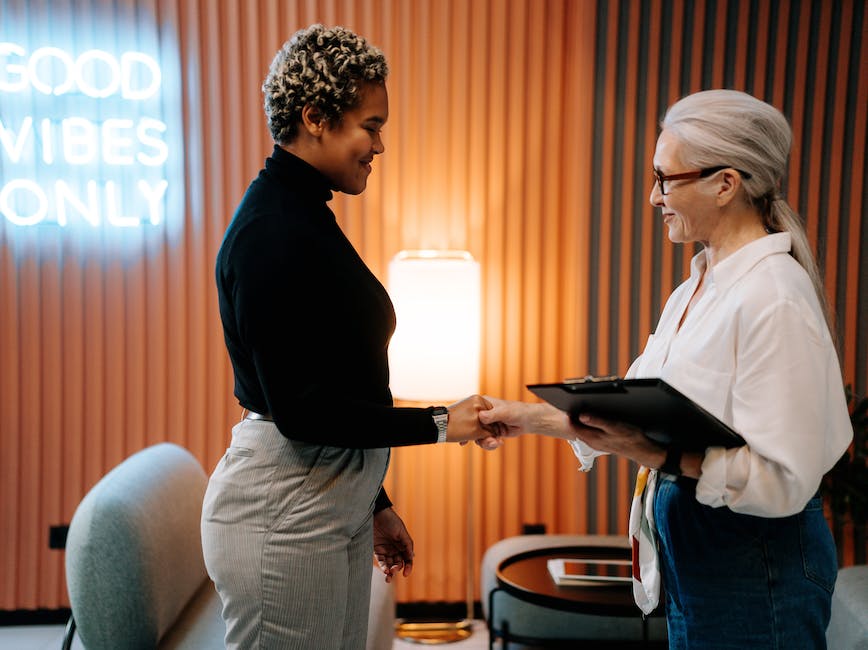Why pronouns matter
Using a person's pronouns is calling them by the correct name. You are being respectful. Calling someone the wrong pronouns can be invalidating to them as person.
It's especially important to use the right pronouns for people who are transgender or gender nonconforming. People might often use the wrong pronouns. Even if one did not mean any harm, this can be painful for someone with this history.
What to do if you use the wrong pronouns
Why to share pronouns
Sharing pronouns creates a culture where:
- We do not make assumptions about gender.
- People can control where and when they are out to each other.




